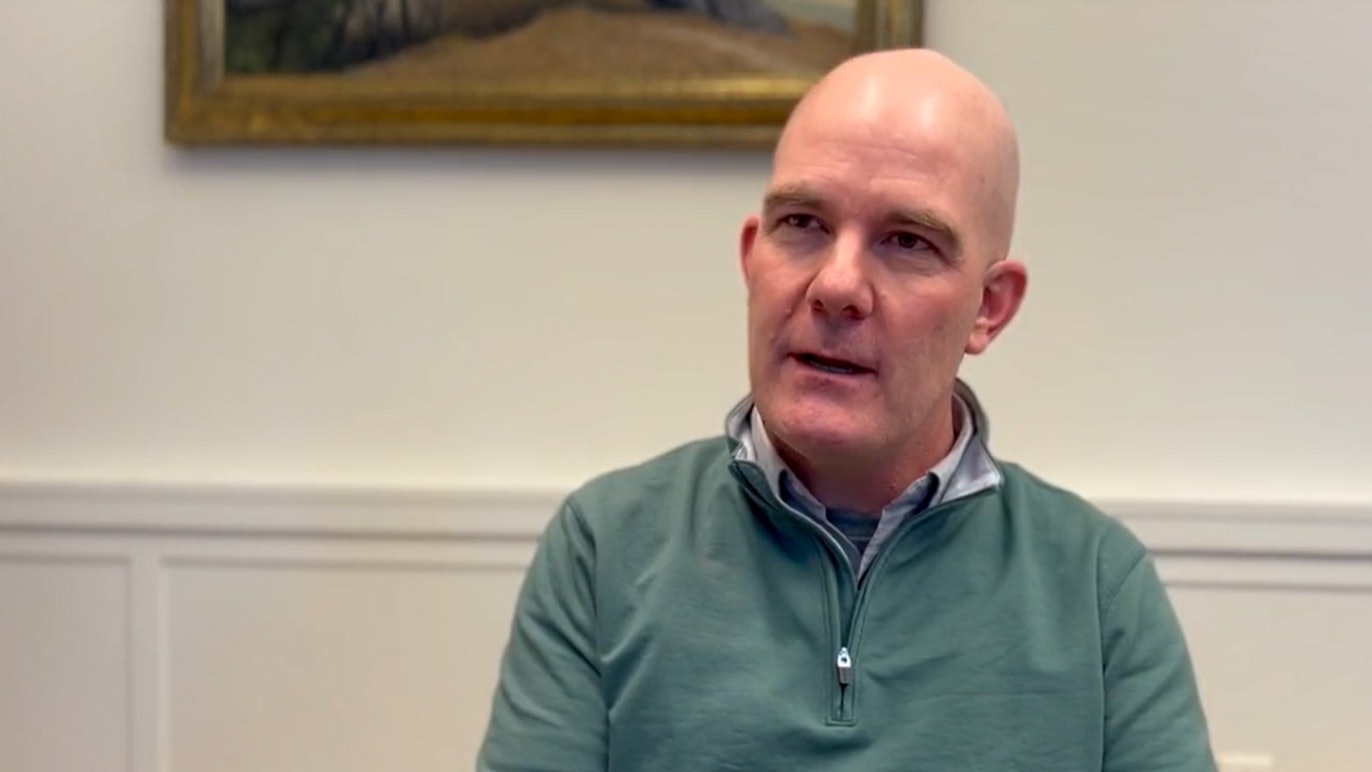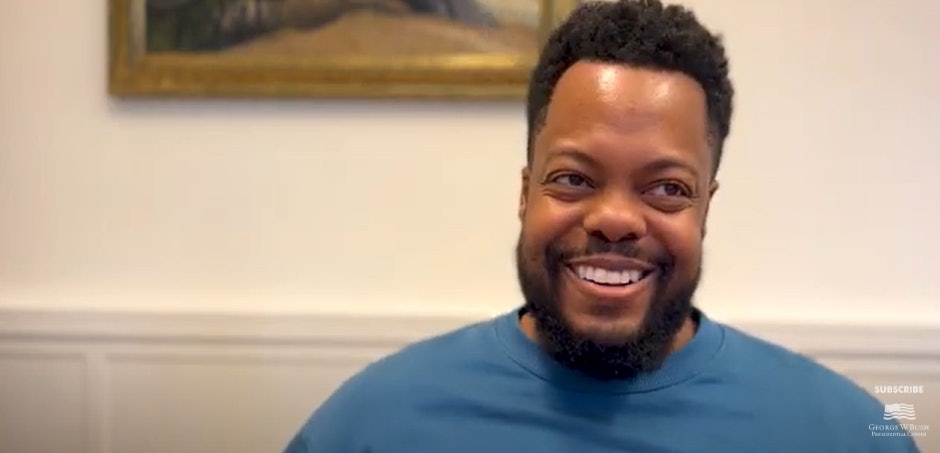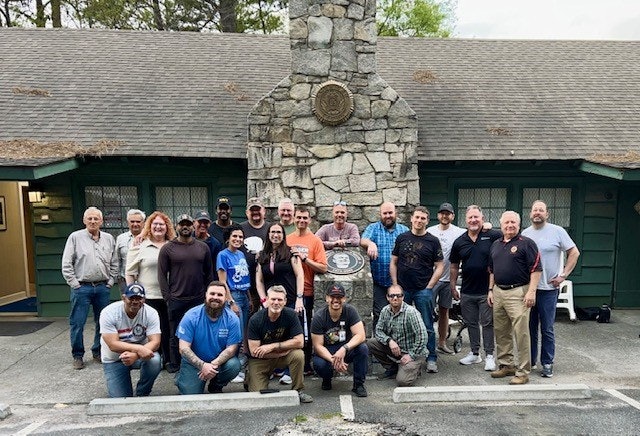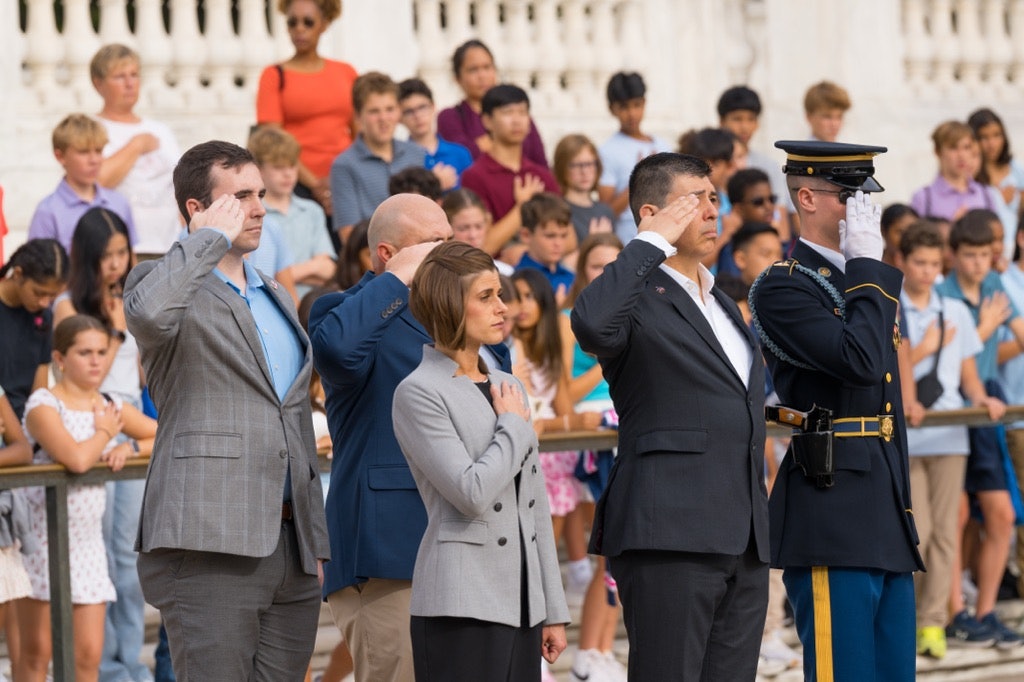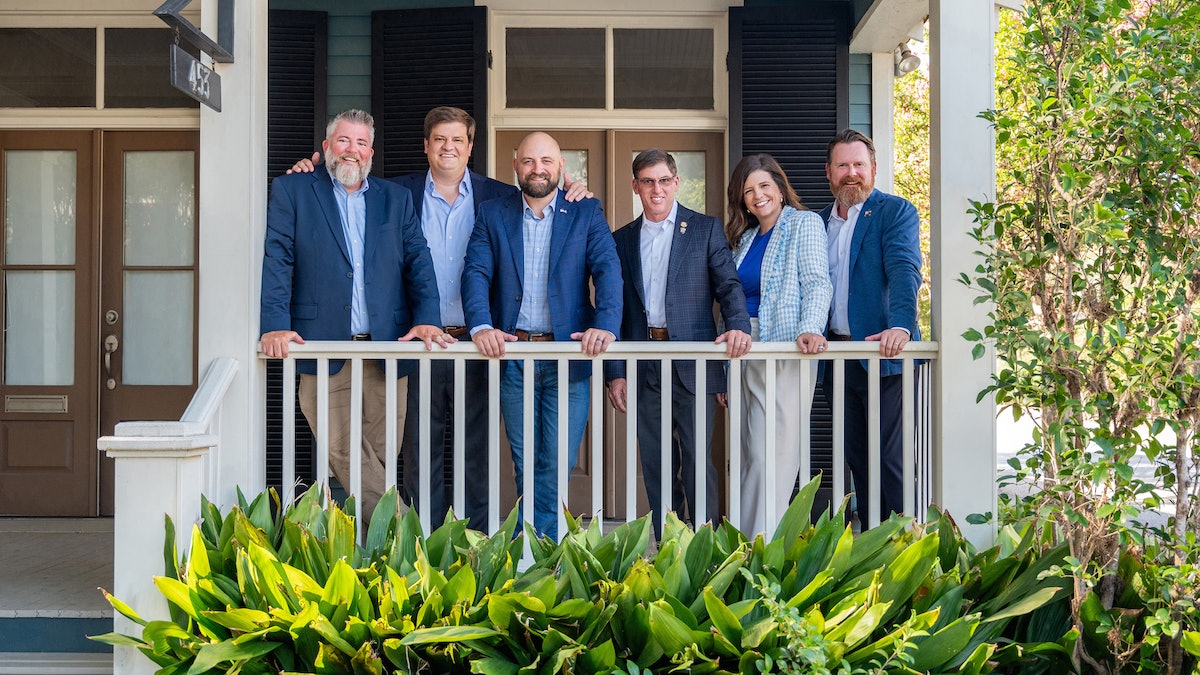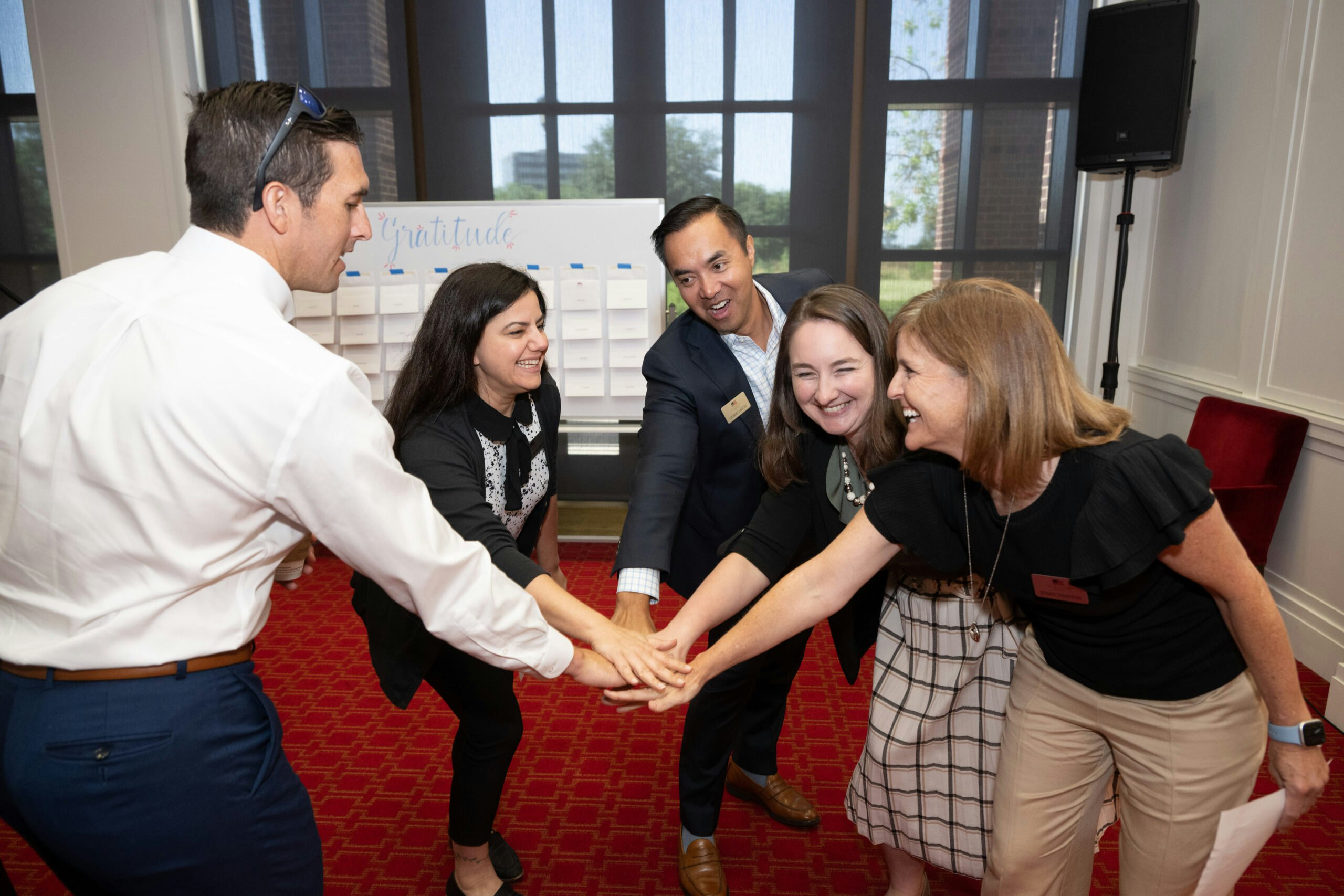Stand-To Veteran Leadership Program Scholar Adelle Bish reflects on how the program has served as a springboard to enhancing her work and personal perspectives.
Completing the Stand-To Veteran Leadership Program as a member of the Class of 2021 has been a springboard to forming deeper, long-lasting connections across the VLP alumni network and the George W. Bush Institute.
Three aspects of the program design motivated me, as a civilian, to apply: The program focuses on enhancing leadership skills designed to extend the reach and impact of my work. The cohort model creates meaningful connections – and builds a critical mass of change agents – that multiplies participants’ individual impacts. And the quality, relevance, and expertise of the leaders who contribute to the program distinguish it from other leadership courses. Indeed, the experience is designed to challenge, provoke, inform, and inspire.
The Veteran Leadership Program delivered on all counts.
One of the things I was most excited about was the fact that the program would help me to rapidly expand my network within the military-connected community and learn more about the needs of veterans and their families. I can already see the impact of the VLP experience on my veteran-related research program. I am an organizational psychologist by training and currently serve as Associate Professor of Human Resource Management at North Carolina A&T State University. My veteran employment research focuses on developing human resource management practices for corporations that struggle with engaging post-9/11 veteran employees who are adapting to a civilian workplace and managing their own career paths.
Fellowship with my VLP classmates has allowed me to reach a wider military-connected audience. For example, in January, I led a research presentation at the 2022 Student Veterans of America national conference in Orlando, Florida. This was a fantastic opportunity for me to share practical research findings and engage in discussion with a whole new audience. The driving force for this was a conversation with another VLP scholar, who spoke highly of SVA and the organization’s interest in research. Armed with this information, I developed a research briefing for SVA with recommendations for building the career readiness of student veterans – and then engaged conference participants in a panel discussion on the implications for higher education programming.
This presentation was a significant milestone for me. It was the first time I had reached out to my classmates for assistance and raised the prospect of working together. To my delight (and surprise), leaders from three veteran service organizations quickly answered my call and jumped into the unknown to support my efforts. Their involvement added real-world relevance to the research briefing, and their perspectives enriched the discussions in the session. I didn’t know any of them before VLP. This experience demonstrates how VLP has enhanced my ability to communicate research findings and practical implications to a much wider audience. It also showed me how much others want to help, if asked. This was the shared values of the group in action: new friends so willing to share their time and expertise and, in doing so, benefiting the-military connected community.
Here are some of the other ways the Veteran Leadership Program has enhanced my work and personal perspectives:
- Determining who my work serves: Answering this simple question – asked multiple times throughout the program – has helped frame my future research activity. Thinking more clearly about the end user of my work has helped me focus my efforts on areas of greatest need.
- There isn’t one profile for all veterans: The veteran population is diverse and those of us working in this space need to know more about the veteran experience from these varied perspectives.
- How to improve my research questions: There were many discussions, activities, and seminars during VLP about how to ask more relevant and refined research questions around veteran employment and career transition.
- Empowering me to take on new leadership roles: This fall, I will take on an additional role as director of a new student leadership program for high-potential undergraduate students. This is an extension of my previous work in identifying and enhancing leadership capabilities. But I doubt that I would have stepped forward so quickly and so confidently to advocate for myself without VLP.
- Leadership is service: Learning this was a game changer for me. We had many conversations about how leaders can use their positions to serve others. At times, I have felt awkward being identified as a leader, but seeing leadership as another way to serve others, to facilitate change, to improve lives – well, yes, I’ll have a go at that!
- Enter the arena: The need to “enter the arena” and try to address the problems that we’ve identified – because they won’t resolve themselves – is a concept that really resonated with my cohort. Secretary Bob McDonald shared this idea with us during his involvement in the program as the Bush Institute April and Jay Graham Fellow. We all need to step up and bring our diverse talents. This may mean advocating on behalf of others who have no voice or adding our voices to a chorus of others to disrupt the status quo and facilitate change. Reflecting upon these conversations motivates me to do more from the platform that I have and to draw upon my VLP network to get the job done.
The Veteran Leadership Program experience continues to motivate and inspire me, and I look forward to continuing to learn from other alumni and expanding our network over the years to come.




